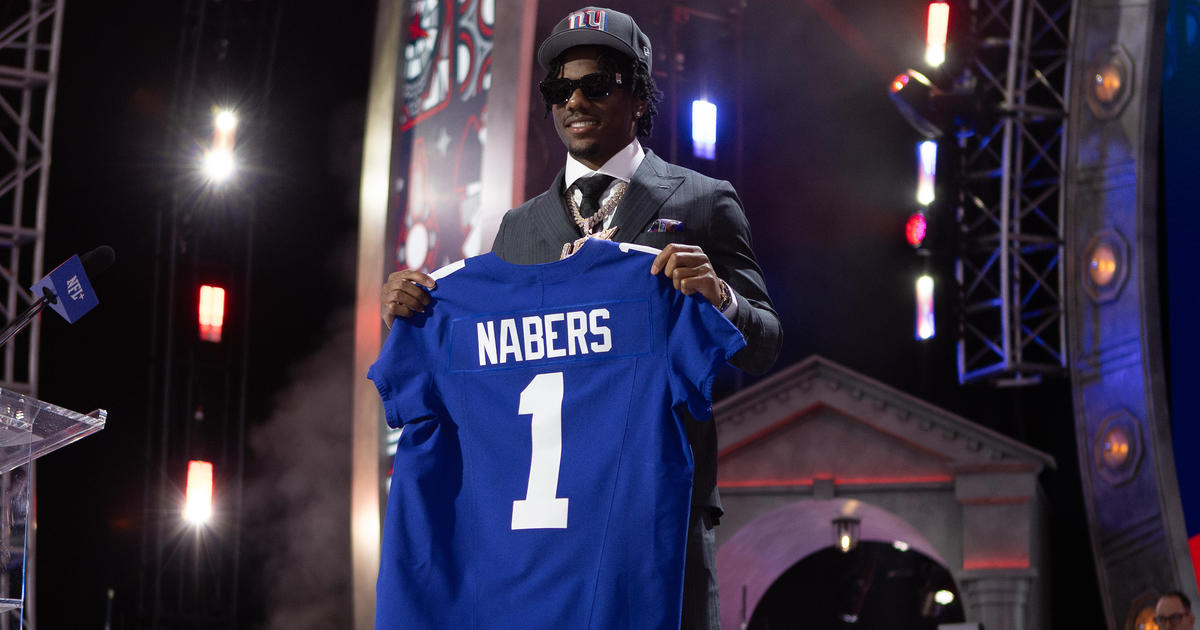Nina In New York: Seat's Taken
A lighthearted look at news, events, culture and everyday life in New York.
______________
By Nina Pajak
In this city, avoiding strangers is practically a sport.
It has to be, when we all spend a fairly large amount of time spent navigating around, pressed up against, and stepping over one another in an average week. On a bus, in particular, there's a certain artistry in the ways in which people attempt to maintain their personal space. We've all seen it (or done it, be honest): someone sits in the outside seat and stares straight ahead, hoping no one will attempt the dreaded, "uh, excuse me." Or maybe you put a bunch of bags and junk on the seat next to you and look very put out and overburdened.
Well, one academic out of Yale University has made a literal science out of antisocial bus behavior. In a study published in Symbolic Interaction (there is a journal for everything), Esther Kim published the results of her observations and interviews after spending three years criss-crossing the United States by bus.
Dear God, does that sound awful. For the love of all that is good, someone has to use these results. Esther Kim cannot have suffered so in vain.
Here's what she says are the most common and effective tactics for avoiding an unwanted seatmate:
• Avoid eye contact with other people
• Lean against the window and stretch out your legs
• Place a large bag on the empty seat
• Sit on the aisle seat and turn on your iPod so you can pretend you can't hear people asking for the window seat.
• Place several items on the spare seat so it's not worth the passenger's time waiting for you to move them.
• Look out the window with a blank stare to look crazy
• Pretend to be asleep
• Put your coat on the seat to make it appear already taken
• If all else fails, lie and say the seat has been taken by someone else
Makes sense to me. I especially like the one about looking intentionally crazy, though I don't necessarily think a blank stare is the most direct route to appearing insane. If you really want to go for the Oscar nod, you've got to throw in some angry muttering and spastic movements that would make even the most fearless person realize that standing would be preferable to neighboring up to you. That type of performance requires real dedication to hogging a spare seat, though, in which case you may be part of the way there. Or at least, let's say you'll be well-prepped to go at this role from the method approach.
Kim also observed a clear but unspoken rule, which is that sitting next to a person when there are empty seats available is a big no-no. Clearly, anyone who would do that is totally creepy and probably going to follow you home and ax-murder you later.
She also found that we, on the whole, are not necessarily racist or sexist! We are, however, fat-ist. While race, class, gender and other background characteristics did not inspire passengers to pull the old "crazy blank stare," one guy noted his desire to stay away from fat people "who are more likely to smell." He said nothing of fat people who smell perfectly lovely, or skinny people who smell like horse manure. More research is pending, I suppose.
So where does all this leave us, and what does this study tell us that we as hardened commuters did not already know? Concludes Kim: "this deliberate disengagement is a calculated social action, which is part of a wider culture of social isolation in public spaces."
I call it Tuesday.
______
Dear Readers: While I am rarely at a loss for words, I'm always grateful for column ideas. Please feel free to e-mail me your suggestions.
The Nina In New York Archives:
No More Beach Volleyball? And 9 More Olympic Thoughts
New 'Ingestible Sensor' Takes All That Work Out Of Taking Pills



